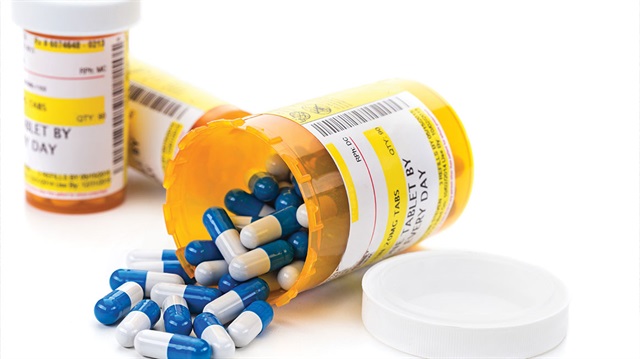
"STRAIGHT TO THE CEMETERY"
Terrified transplant patients are indebting themselves to buy pricey medicine on the black market, begging relatives abroad to funnel drugs into the country or dangerously reducing their daily intake of pills to stretch out stock.
Larry Zambrano, a 45-year old father of two with a kidney transplant, resorted to taking immunosuppressants designed for animals last year.
Guillermo Habanero and his brother Emerson both underwent kidney transplants after suffering polycystic kidney disease. Emerson, a healthy 53-year-old former police officer, died in November after a month without immunosuppressants.
"If you lose your kidney, you go to dialysis but there are no materials. So you go straight to the cemetery," said Habanero, 56, who runs a small computer repair shop in the poor hillside neighborhood of Catia.
A Reuters reporter went to the Health Ministry to request an interview, but was asked at the entrance to give her contact details instead. No one called or emailed.
Reuters was also unable to contact the Health Ministry unit in charge of transplants, Fundavene, for comment. Its website was unavailable. Multiple calls to different phone numbers went unanswered. An email bounced back and no one answered a message on the unit's Facebook page.
Maduro's government has said the real culprit is an alleged U.S.-led business elite seeking to sabotage its socialist agenda by hoarding medicine and imposing sanctions.
"I see the cynicism of the right-wing, worried about people who cannot get dialysis treatment, but it's their fault: they've asked for sanctions and a blockade against Venezuela," Socialist Party heavyweight Diosdado Cabello said in recent comments on his weekly television program.
Health activists blame what they see as Maduro's inefficient and corrupt government for the medical crisis and contend that government announcements of more imports for dialysis are totally insufficient.
Despite his unpopularity, Maduro is expected to win a new six-year term in an April 22 presidential election. The opposition is likely to boycott the vote, which it has already denounced as rigged in favor of the government.
Maduro has refused to accept food and medicine donations, despite the deepening healthcare crisis. Health activists and doctors smuggle in medicines, often donated by the growing Venezuelan diaspora, in their suitcases, but it is far from enough.
In the decaying hospital and dialysis center visited by Reuters, patients clamored for humanitarian aid.
Dolled up for her birthday and surrounded by cakes, the 21-year-old Castellanos took selfies with her friends and spoke excitedly about one day returning to dance, one of her passions.
But fears for her future permeated the room. A hospital worker stopped by to wish Castellanos many more birthday celebrations but her worried face betrayed doubts.
"Other countries need to help us," Castellanos said.
Hello, the comments you share on our site are a valuable resource for other users. Please respect other users and different opinions. Do not use rude, offensive, derogatory, or discriminatory language.
The floor is all yours.








